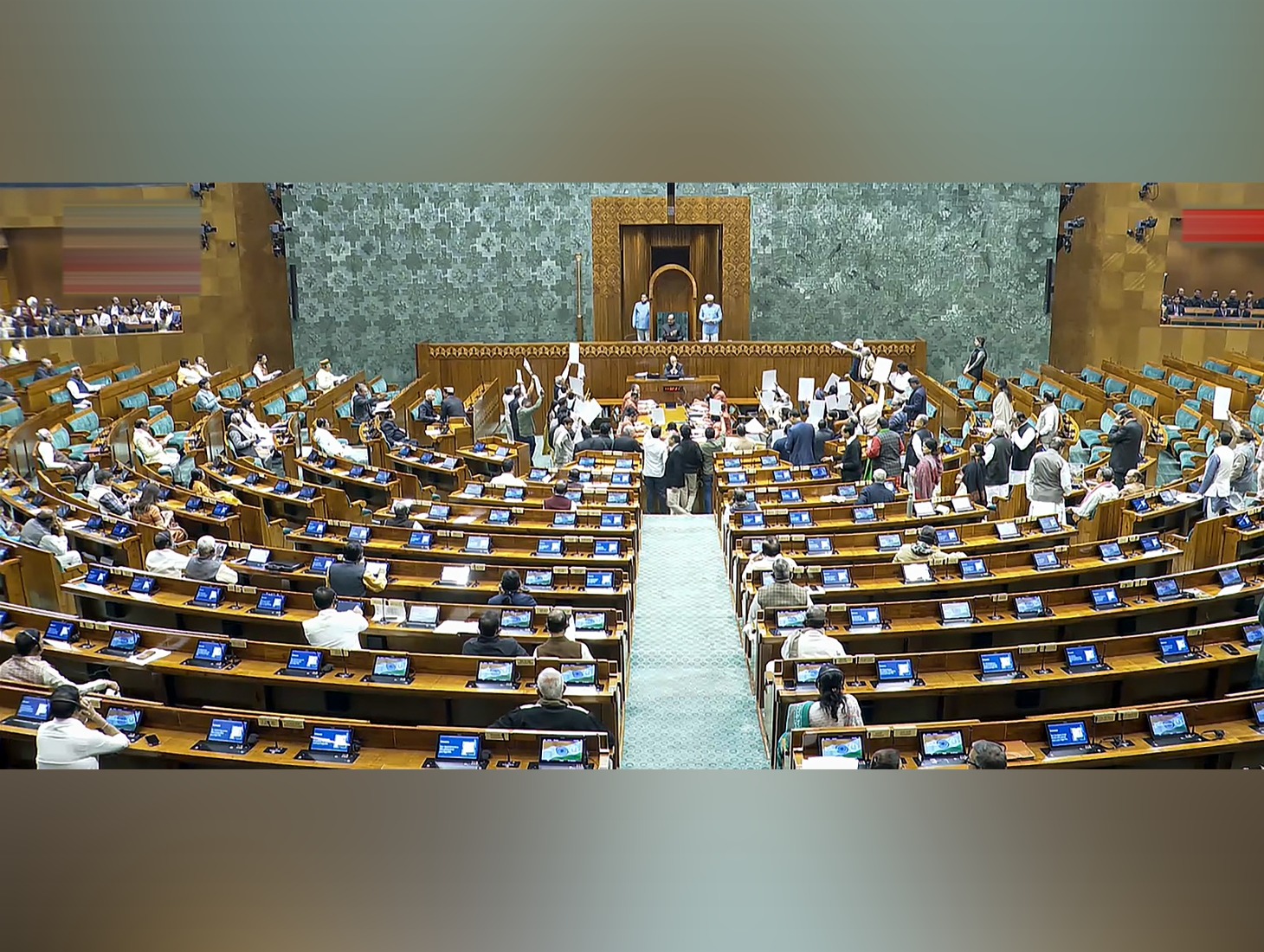The North News
New Delhi, June 9
In a significant policy move aimed at catalysing high-tech manufacturing, the Indian government has revised the rules governing Special Economic Zones (SEZs) to make it easier for companies in the semiconductor and electronics component sectors to set up operations. The reforms, notified on 3 June by the Department of Commerce, are tailored to address the unique needs of these capital-intensive, import-dependent industries, which typically involve long gestation periods before becoming profitable.
Key among the changes is a substantial reduction in land requirements for SEZs dedicated to semiconductor and electronics manufacturing. Under the amended Rule 5 of the SEZ Rules, 2006, the minimum contiguous land area has been lowered from 50 hectares to just 10 hectares — a move expected to ease entry barriers for investors and developers.
Another major amendment comes under Rule 7, where the requirement for encumbrance-free land has been relaxed. SEZ land can now be mortgaged or leased to central or state governments or their authorised agencies without violating the SEZ conditions — a pragmatic shift that could streamline large-scale project approvals. Further, Rule 18 has been amended to allow SEZ units in the semiconductor and electronics components sectors to supply goods into India’s Domestic Tariff Area after payment of applicable duties — a step expected to support local market integration.
In a technical but vital adjustment, Rule 53 now permits the value of goods received or supplied on a free-of-cost basis to be factored into Net Foreign Exchange (NFE) calculations, using customs valuation norms — a move seen as industry-friendly and in line with global practices.
These amendments reflect a strategic push to create a robust semiconductor ecosystem in India, reduce import dependency, and generate high-skilled employment. They come at a time when governments worldwide are vying to localise chip production and secure supply chains amid geopolitical tensions.
Following the announcement, the Board of approval for SEZs gave the green light to two major proposals. Micron Semiconductor Technology India Pvt Ltd (MSTI) will set up a 37.64-hectare SEZ in Sanand, Gujarat, with an estimated investment of ₹13,000 crore. Meanwhile, Hubballi Durable Goods Cluster Pvt Ltd (Aequs Group) received approval to develop an 11.55-hectare SEZ in Dharwad, Karnataka, focusing on electronics components manufacturing with an investment of ₹100 crore. Both developments signal growing investor confidence and the government’s intention to position India as a global hub for high-tech manufacturing.















